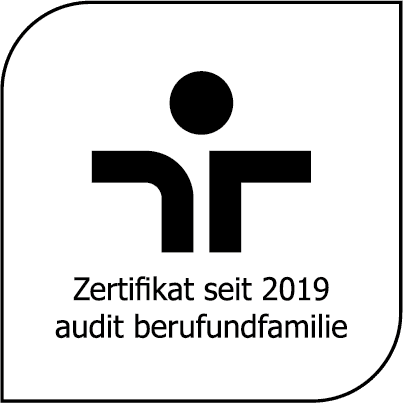Test instruments sorted
Contact person for the Open Test Archive
Gülay Karadere (Dipl.-Psych.)
Research Associate
guek@leibniz-psychology.org
PIKE-P
Prozeduraler Informationsrecherchetest für Psychologiestudierende
Short abstract
The PIKE-P measures both procedural and declarative knowledge about scientific information research in psychology. It is based on the "Information Problem Solving Model" by Brand-Gruwel, Wopereis und Vermetten (2005). As a multiple-choice performance test it consists of 22 items. Reliability: The reliability of the overall scale in the pilot study (n = 78) was Cronbach's Alpha = .75 and in the validation study (n = 81) Alpha = .72. Validity: The relatively high correlations found in the validation study between PIKE-P and performance in standardized literary procurement tasks (r = .42; p < .001) as well as standardized research tasks (r = .62; p < .001) are to be evaluated as clear indicators of compliance validity. In addition, a medium to high correlation was found between the PIKE-P and another information literacy test, the German version of the Information Literacy Test for Psychologists (ILT-P; Leichner, Peter, Mayer & Krampen, 2013; r = .51; p < .001).
Leibniz Institute for Psychology (ZPID). (2019). Open Test Archive: PIKE-P. Prozeduraler Informationsrecherchetest für Psychologiestudierende. Available at: https://www.testarchiv.eu/en/test/9007801
Citation
Rosman, T., Mayer, A.-K. & Krampen, G. (2019). PIKE-P. Prozeduraler Informationsrecherchetest für Psychologiestudierende [Verfahrensdokumentation und Fragebogen mit Auswertungshinweisen und SPSS-Auswertungssyntax]. In Leibniz-Institut für Psychologie (ZPID) (Hrsg.), Open Test Archive. Trier: ZPID.
http://doi.org/10.23668/psycharchives.4572
Short information
Short Name PIKE-P
English Name Procedural Information-Seeking Knowledge Evaluation - Psychology version
Authors Rosman, T., Mayer, A.-K., Krampen, G.
Published in Test archive 2019
Copyright/Licence Copyright Authors; CC BY-SA 4.0
Language versions deu
Construct Information Problem Solving Modell (Brand-Gruwel, Wopereis & Vermetten, 2005)
Application age College students of all ages
Item number 22 items
Subscales (1) Defining the information problem, (2) Selecting information sources, (3) Searching for information in these sources
Application Time approx. 25 min.
Interpretation time A few minutes.
Internal consistency: Cronbach's Alpha = .72-.75.
Findings on concordance and construct validity.
None; Reference data: Means and standard deviations
Applications Research
Older versions
Version 1: https://doi.org/10.23668/psycharchives.2460
There is no abstract in English available. Short information about the measure can be found under Overview. More can be found on the German pages.
There is no review in English available. Short information about the measure can be found under Overview. More can be found on the German pages.
First published in
Rosman, T., Mayer, A.-K. & Krampen, G. (2016). Measuring psychology students' information-seeking skills in a Situational Judgment Test format: Construction and validation of the PIKE-P test. European Journal of Psychological Assessment, 32 (3), 220-229. PSYNDEX Dok.-Nr. 0291381
Feedback form
Feedback on the use of a procedure from the Open Test Archive of the Leibniz Institute for Psychology (ZPID) to the test author(s)
Contact information
Dr. Dipl.-Psych. Tom Rosman, Leitung Forschungsliteralität und nutzerfreundliche Forschungsinfrastrukturen, Leibniz-Institut für Psychologie, Universitätsring 15, D-54296 Trier
Dr. Anne-Kathrin Mayer, Deutsche Rentenversicherung Bund Deutschland,
Prof. em. Dr. Günter Krampen, Emeritus, Universität Trier, Abteilung für Klinische Psychologie, Psychotherapie und Wissenschaftsforschung (bis 31.3.2016), Direktor desLeibniz-Instituts für Psychologie (ZPID) (bis 30.6.2017), D-54296 Trier

 Learn more about us!
Learn more about us! 
